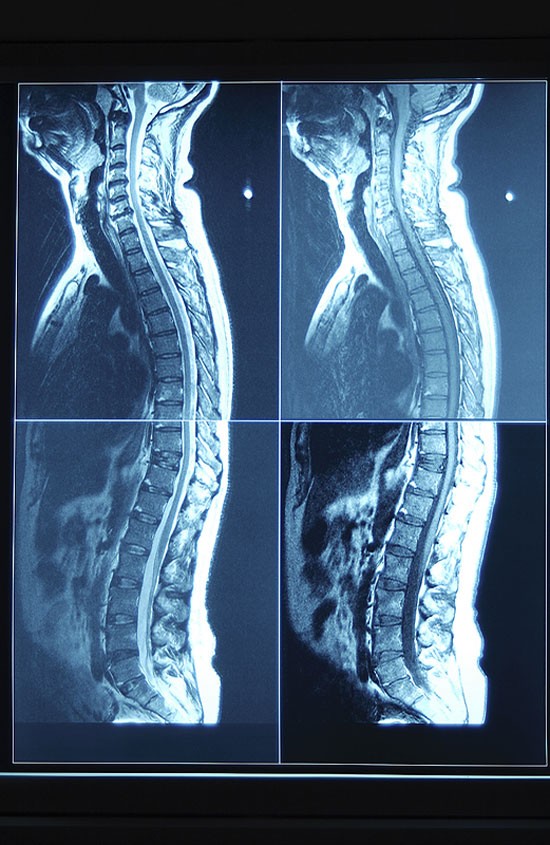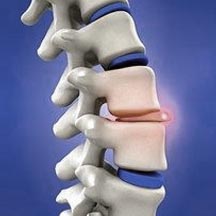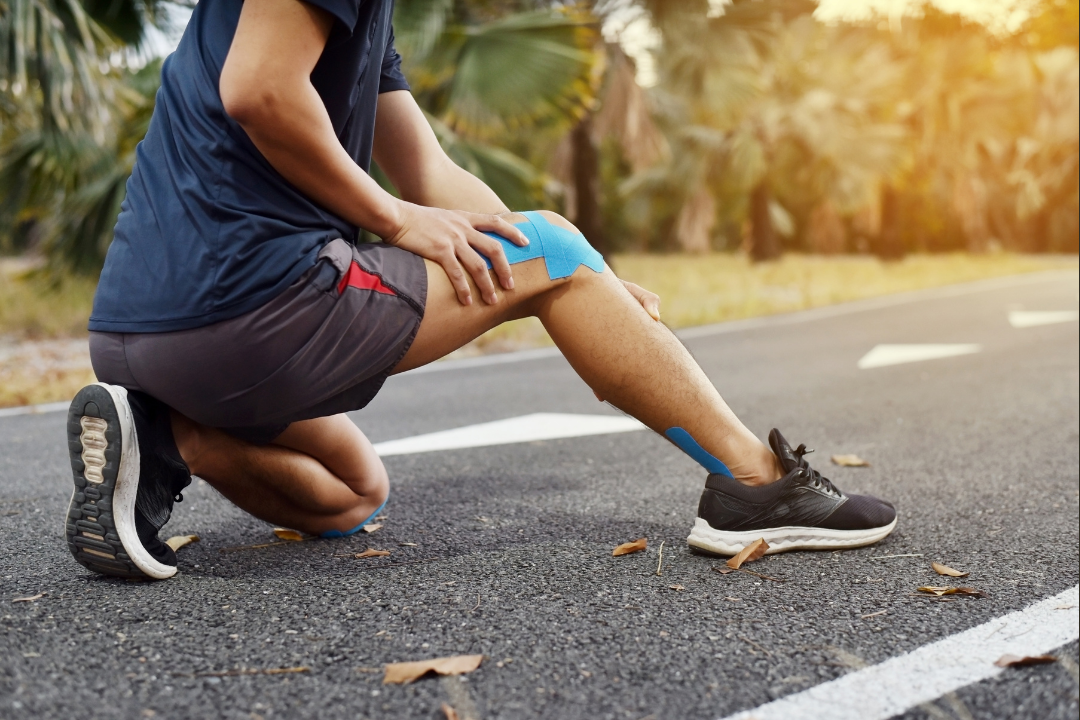 If you’ve ever had back pain for an extended period of time, at one point, you may have thought that losing some weight might help the situation.
If you’ve ever had back pain for an extended period of time, at one point, you may have thought that losing some weight might help the situation.
It’s a pretty natural thought — after all, most of us have an extra pound or two that we’d like to see go someplace far away. If we carried around a bit less mass, we’d be a little more comfortable, right? It’s inherently logical if you think about it: decompress the spine and you’ll take some pressure off the sensitive structures responsible for causing pain. But is that the truth — does weight loss actually alleviate back pain?
If you’ve been wondering whether or not you need to lose weight to feel better, read on to see some of the common truths and myths surrounding back pain and slimming down.
Myth: Losing weight will help my bulging discs in my back.
The spinal disc is geared up to withstand upwards of more than 3,000 pounds when loaded from the top down. Whether it’s losing 20 or gaining 50, it probably won’t have that much of an impact by itself.
Truth: My abdomen is pulling my spine forward.
But that doesn’t necessarily mean that it’s the cause of your pain. By itself, a little extra curve in the back generally doesn’t cause enormous levels of pain. In fact, increasing the curve causes lumbar extension, a mechanism that has long been heralded to protect the most vulnerable structures of the spine.
Myth: Back pain isn’t common in younger, thinner people.
By the age of 30, a significant portion of the population has at least one disc herniation of which they’re unaware they’ve acquired. They’re typically the response to a trauma and often catalyze the pain process, regardless of whether or not you’re fit.
 Truth: I feel better when I exercise and am a bit thinner.
Truth: I feel better when I exercise and am a bit thinner.
You’re probably feeling better because most forms of back pain are mechanical in nature. Mechanical problems are best mitigated with mechanical solutions, so it’s no surprise that your pain is eased with movement; just don’t confuse it with weight loss. Remember that weight loss and a decrease in pain are usually the by-products of exercise.
Myth: If I lose weight my muscles will work better.
Strong muscles protect the back against the everyday activities of life. In truth, when you lose weight, it’s not just fat weight, it’s muscle weight, too. Muscle performance is directly correlated to how often they’re trained. Train them a lot and you’ll see good return on effort. Let them go, and you’ll find that even simple things like opening jars and car doors are difficult and painful.
Truth: Losing weight will help with flexibility.
If you’ve got less padding around your midsection and legs, you’ll be able to bend in an ergonomic fashion as opposed to bending in the direction opposite of your stomach. Getting things off the floor, putting on socks and exiting the car are all a bit easier if you can rid yourself of the spare tire around your waist and start moving appropriately.
Source: www.gloucestertimes.com; Joe DiVincenzo; November 8, 2012.








